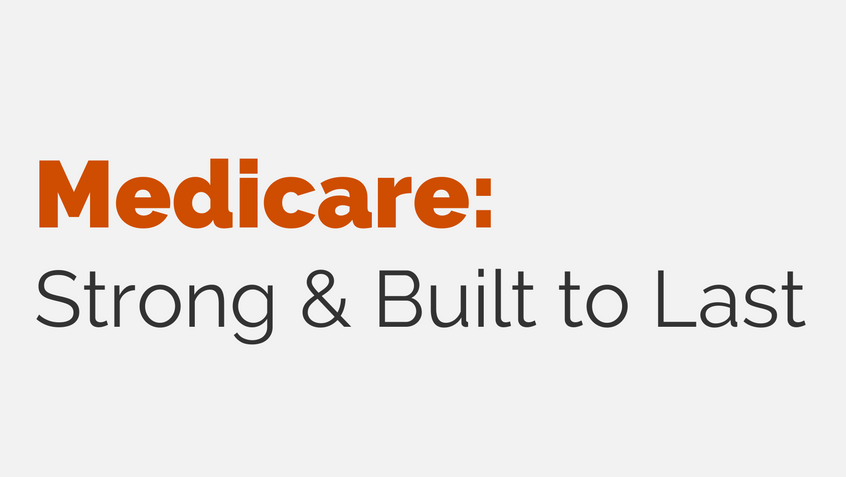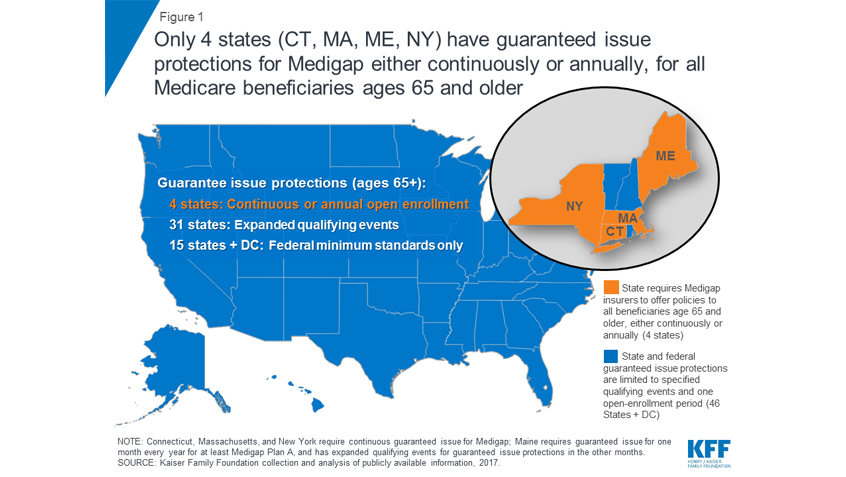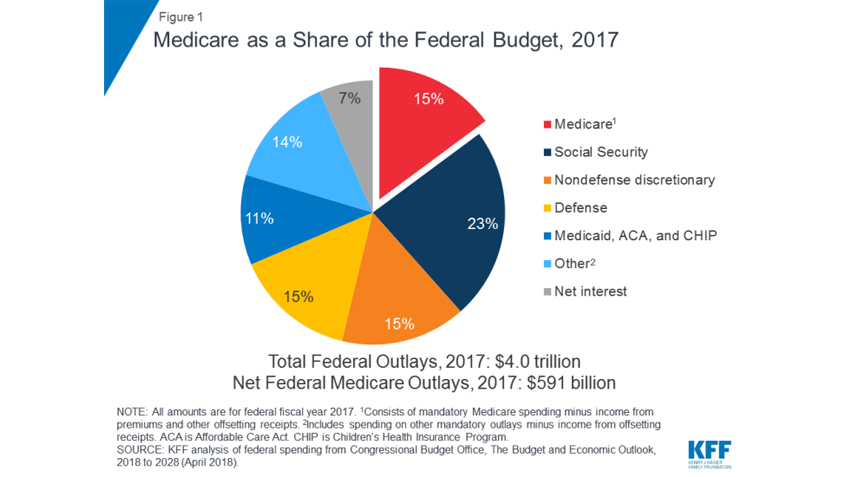
CMS to Allow Medicare Advantage Plans to Restrict Access to Drugs Covered Under Part B
This week, the Centers for Medicare & Medicaid Services (CMS) announced that next year, Medicare Advantage (MA) Plans will be able to limit options for people who get Part B-covered drugs by using many of the same tools plans currently use in Part D. The Trump administration argues that this will enable plans to negotiate better prices for the “preferred” medications – those that the plan will cover as a first-line treatment. Other drugs will only be covered if a person tries the preferred medication first and it doesn’t work or causes them harm, also known as step therapy.









